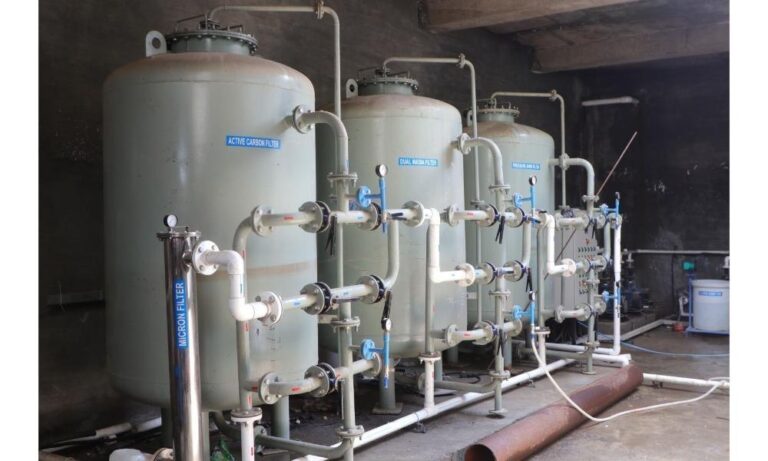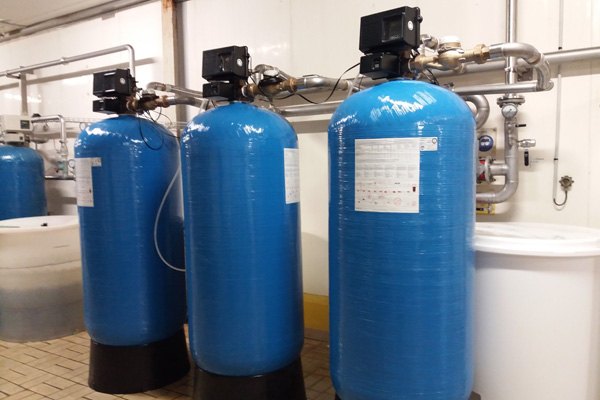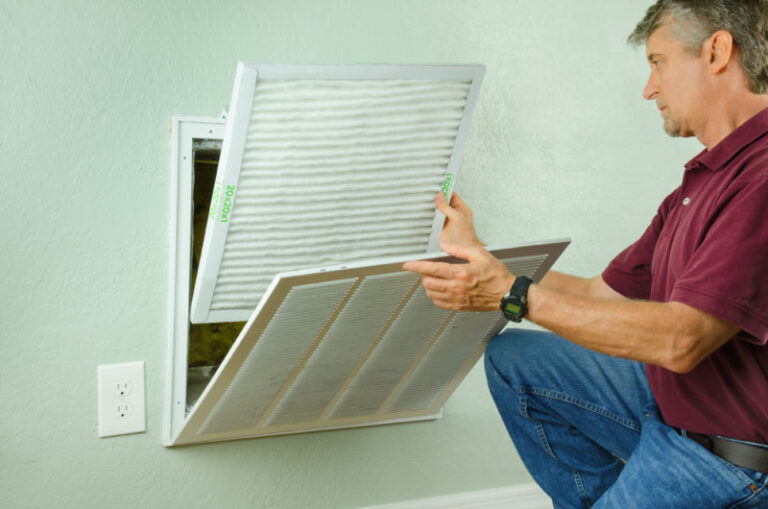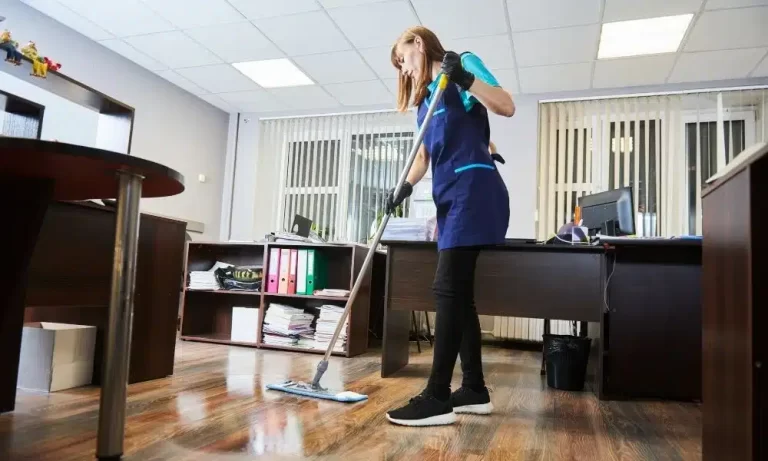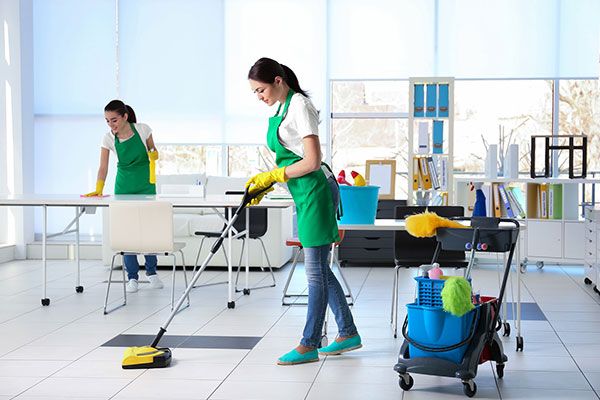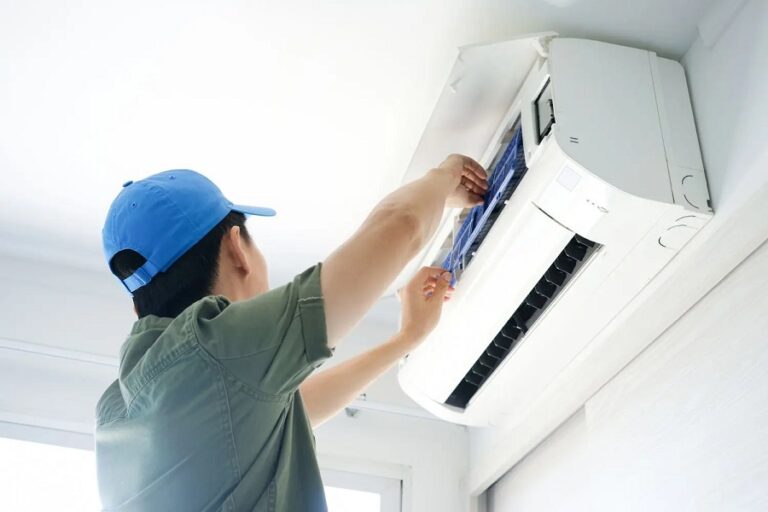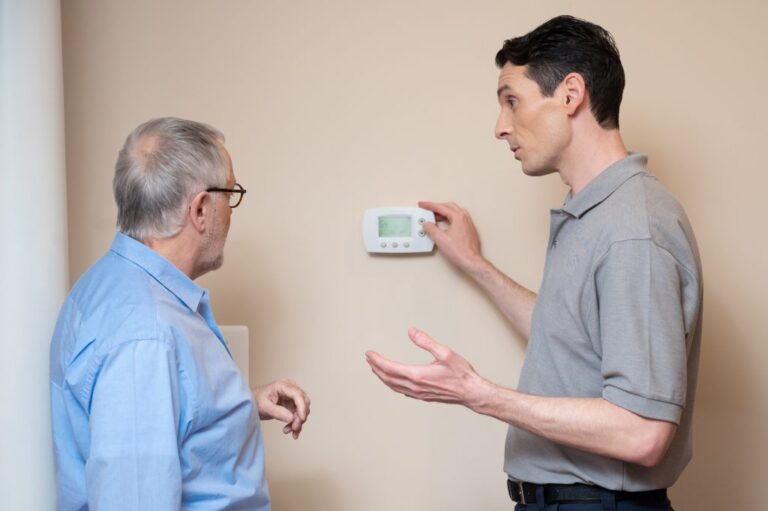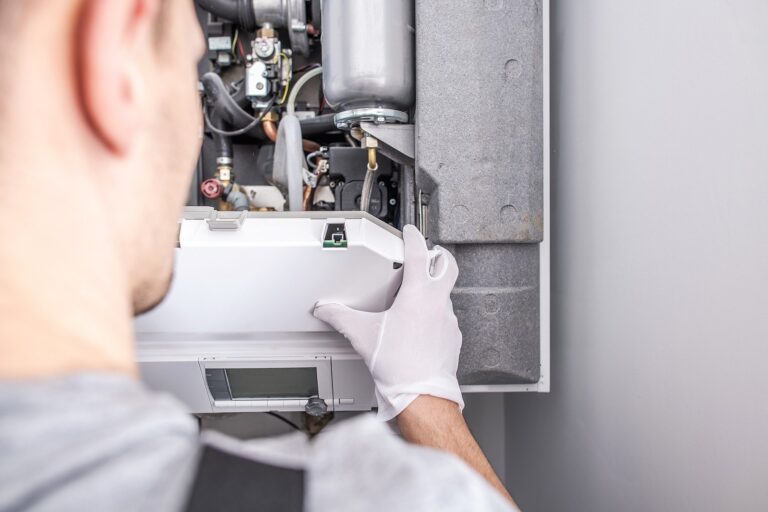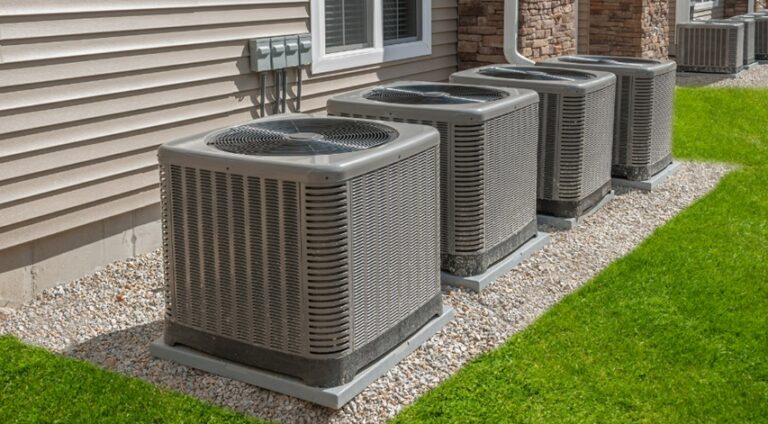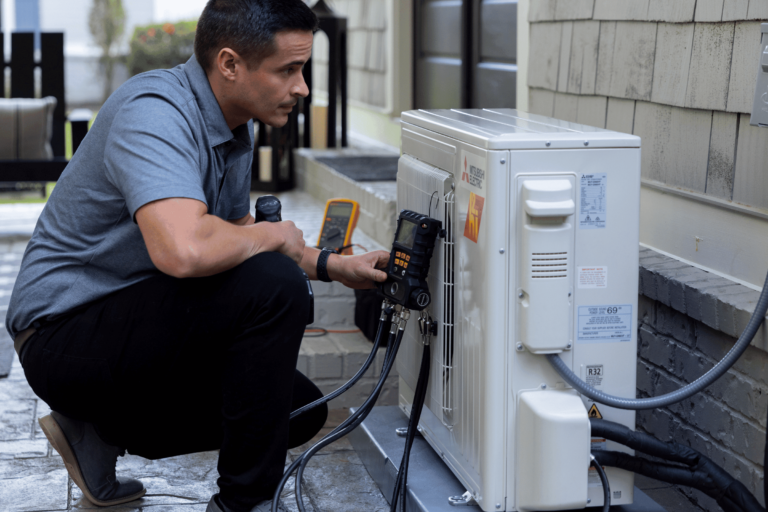Water softeners have become an increasingly popular solution for residents in areas with hard water. They provide numerous benefits, helping to enhance the quality of water for household use. However, as with all things, there are certain downsides to consider when it comes to water-softening systems. In this blog post, we’ll explore both the advantages and potential drawbacks of using water softeners.
What are Water Softeners?
Before diving into the downsides, it’s essential to understand what water softeners are and how they work. Essentially, water softeners are devices designed to remove minerals like calcium and magnesium from hard water, substituting them with sodium or potassium. This process is known as ion exchange. Many homeowners in Australia, including those using Integraflow Water Care Perth’s products, have opted for these systems to improve their water quality.
Benefits of Using Water Softeners
Before discussing the downsides, let’s quickly highlight the advantages of using a water softening system:
- Prevention of Scale Buildup: Hard water can cause scale buildup in pipes and appliances, leading to costly repairs. Water softeners help prevent this issue and prolong the lifespan of household fixtures.
- Better Soap Lathering: Softened water allows soaps and detergents to lather more effectively, which can enhance cleaning efficiency and reduce the amount of product needed.
- Softer Skin and Hair: Many users notice that their skin feels softer and their hair looks shinier after using softened water, as it rinses away soap and shampoo residues more effectively.
- Improved Taste: While the taste of water can vary, some people find softened water to be more palatable, especially when compared to hard water which may have a mineral taste.
Downsides of Water Softeners
Despite the many benefits, there are several downsides related to water softeners that you should be aware of:
Increased Sodium Levels
One of the most significant concerns when it comes to water softening systems is the increase in sodium levels in the water. For those on a low-sodium diet or with high blood pressure, this can be a concern. While the amount of sodium added is typically minimal, it’s still worth considering if you have specific health concerns.
Cost of Installation and Maintenance
Investing in a water softener isn’t a small expense. The initial installation cost can be substantial, depending on the complexity of the system and the type of softener chosen. Additionally, units require maintenance and occasional salt refills, which can further add to the long-term costs.
Environmental Concerns
The use of salt in water softening systems has raised some environmental concerns. The discharge of salty water can affect the natural ecosystem if it enters wastewater treatment systems or local water bodies. Some regions have begun implementing regulations regarding the use of water softeners to protect the environment.
Not Suitable for All Applications
While water softeners effectively address hardness, they might not be suitable for all applications. For example, many gardening enthusiasts prefer using hard water for their plants since some minerals are beneficial for plant growth. Using softened water for irrigation can potentially harm certain plants.
Final Thoughts
Ultimately, whether or not to install a water softener is a decision that hinges on individual circumstances, preferences, and needs. While the benefits of water softeners, such as those offered by Integraflow Water Care Perth, are numerous, understanding the potential downsides is equally important. Increased sodium levels, installation costs, environmental concerns, and application limitations are all factors to consider.
If you’re contemplating investing in a water-softening system, it may be wise to weigh these advantages and disadvantages carefully. Consulting with water treatment professionals can help you determine the best option for your household needs and ensure you make an informed decision. Remember, the right choice ultimately leads to better water quality and a happier home.

